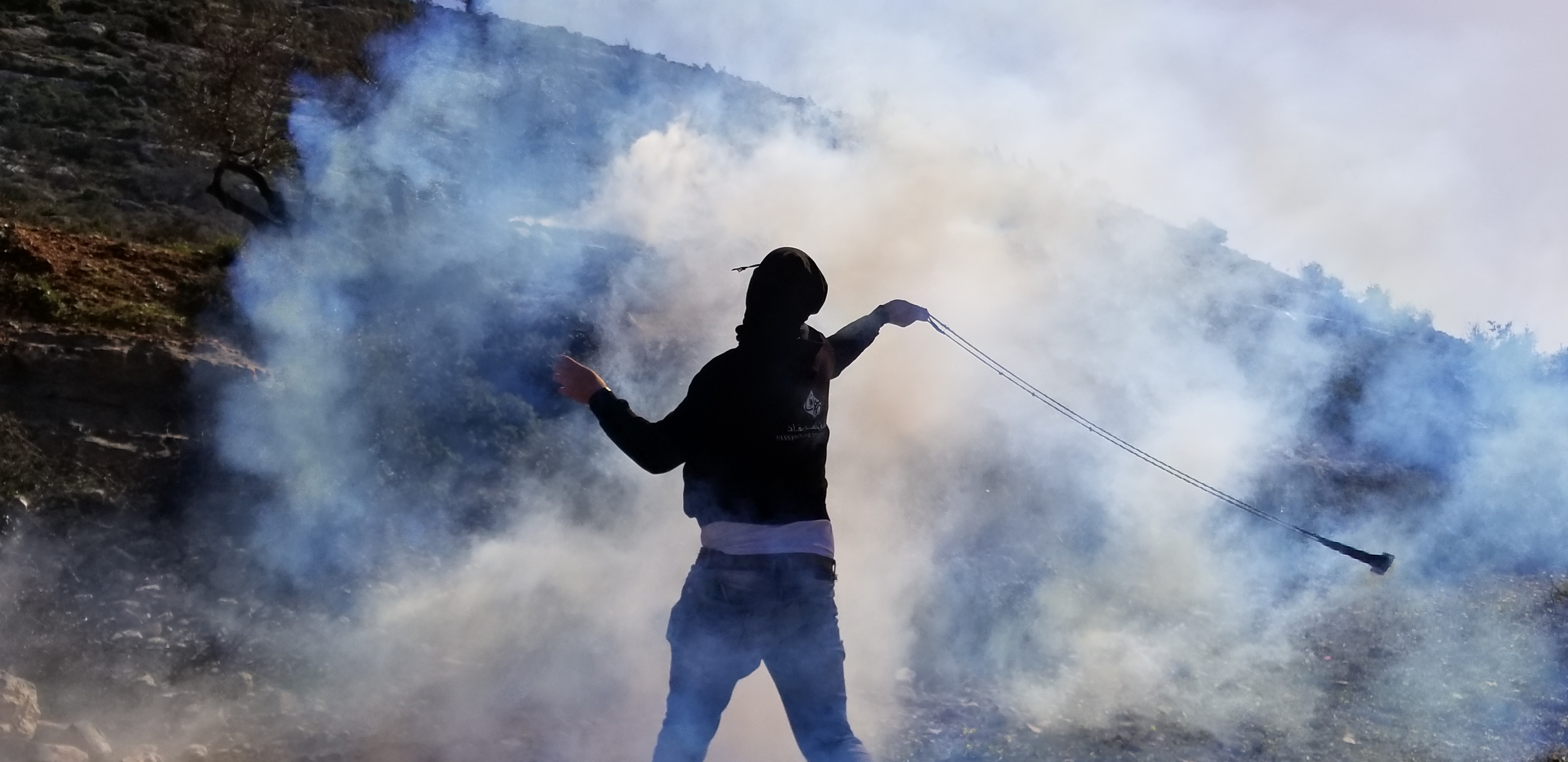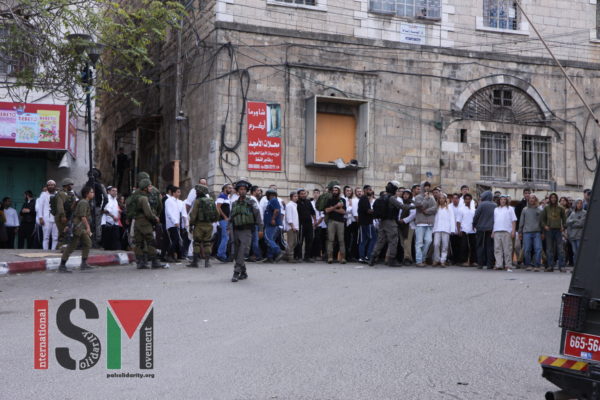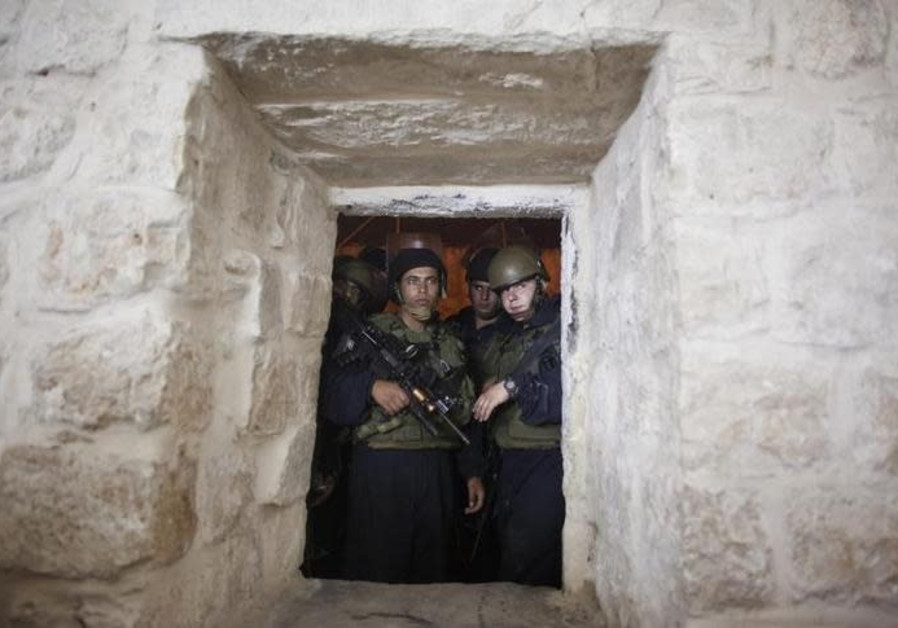Tag: Settler tour
-
Another interesting week in sunny Palestine
January 2019 | International Solidarity Movement, Al-Khalil team | Hebron, occupied Palestine Al Khalil (Hebron), occupied West Bank, Palestine, late January 2019 It’s the first day of winter term for Palestinian schoolkids. Israeli settlers from the colonies in and around Al Khalil, the Israeli Border Police, and the Israeli Defense Force, are all known for…
-
Severe restrictions for Palestinians, freedom of movement for settlers.
02/04/2018, International Solidarity Movement, Al Khalil/Hebron Today Israeli forces sealed off parts of three streets in Palestinian controlled H1 near Bab Azawiyeh ordering more than fifty Palestinian shops to close for ‘security reasons’. Israeli forces also closed the Al Ibrahimi Mosque and the checkpoint adjacent to it for two whole days. Pictured: Israeli forces seal…
-
Upcoming Settler Tour in Nablus Set to Spark Tensions
Shavei Shomron, an illegal Israeli settlement located to the west of Nablus in the West Bank has advertised a tour of Nablus old city, Tel Balata and Joseph’s Well on the coming Tuesday evening – the 30th of January. According to the advert, the event will start with a meeting in the illegal settlement, before…



